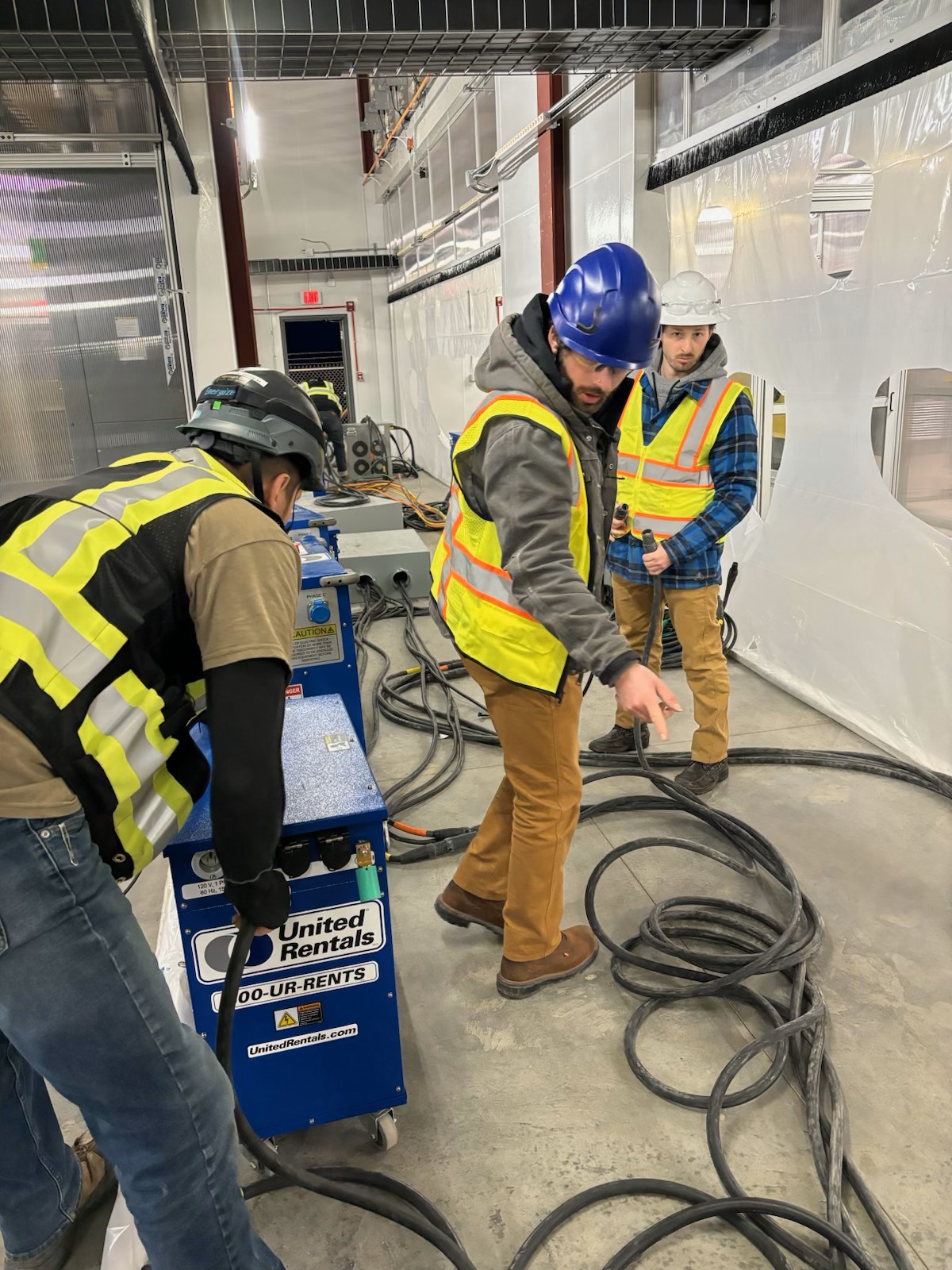Image

Program
Graduating Class
Quote
"All my work is focused on buildings’ energy use. [My] degree really helped me with that."
Solomon Duke’s career path has been nothing short of exciting. After graduating from Western in 2022 with a B.S. in Energy Science and Technology and a minor in Energy Policy, Duke traveled to Israel to focus on peace-building efforts.
Duke interned at The Arava Institute for Environmental Studies. Located in Ketura, Israel, the institute uses environmental issues as a bridge for building peace. A third of the institute’s participants are Palestinian, another third Israeli, and the remained come from elsewhere. Duke’s work aimed to foster peace through social innovations and transitioning the region to renewable energy.
At Arava, Duke’s work ranged from research and modeling of agrovoltaic solar systems (using land for both solar energy and agriculture) to maintaining an off-grid village that tests new technologies in the developing world. Working in a politically divided region, Duke found the interdisciplinary aspects of his degree to be helpful.
“The conversations could be really intense, but also really important,” said Duke. “[At Western] we learn about the social side of energy, and the science to it. And I think that can be very helpful when talking about more social issues.”
Duke now works for Northshore, a San Francisco-based company committed to making the Internet more sustainable by reducing businesses’ carbon footprint. Duke’s work involves retrofitting current digital infrastructure. “Picture a data center,” explains Duke, describing one as a warehouse filled with servers that host a variety of websites, where all of the servers are stacked in neat rows. Each server requires energy to run and most of that energy is turned into heat, resulting essentially in giant rows of heaters. For those servers to work, the heat must be dissipated by air, water, or a refrigerant. Each cooling method requires its own energy source, meaning it takes a lot of energy to make the Internet work. Duke’s work makes this process as efficient as possible.
“One afternoon of work can sometimes [save] over a million-kilowatt hours a year,” said Duke, enough to meet the annual electricity needs of about 10,000 US homes. “It’s very impactful. There is a lot of energy to be saved. And a lot of water to be saved.”
At Western, Duke worked to streamline communication between energy specialists and the public. He did this by creating the Storytelling for Energy Solutions Toolkit, designed to help convey energy issues in ways that are engaging and promote change.
Duke’s work continues to focus on energy issues, which he tackles through the engineering and managing of sustainable energy consumption practices. “All my work is focused on buildings’ energy use,” said Duke. “[My] degree really helped me with that.”
By Tarn Bregman, IES Marketing and Outreach Coordinator